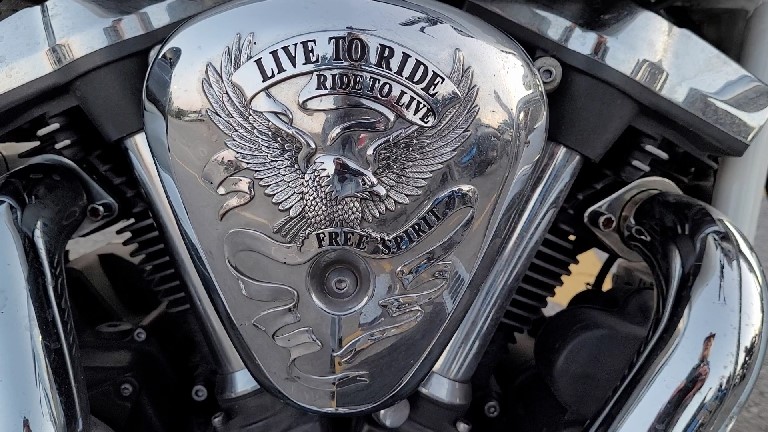(Originally submitted for publication, Jan 27, 2022, under the Faith Matters series in the Flamborough Review community newspaper. That column has a word limit.)
Increasingly, these days, I meet people who tell me that they don’t believe in God. They describe themselves as atheists. As they describe why they don’t believe in God, they are usually baffled when I agree with them about nearly everything that they reject about God. I find myself saying, “I don’t believe in that God either.”
I don’t believe in a God that created the world in seven days and who is in opposition to science.
I don’t believe that when a tragic event or death occurs that it is “part of God’s plan.” That’s a cruel God who would inflict suffering on others as a teaching tool.
I don’t believe in a God who legitimates war, oppression, power, and control, or a God who directs our actions like we’re puppets.
I don’t believe God is a man.
I don’t believe in a God who condemns anyone just because of who they love or the gender they identify with. Love is love. And letting people love genuinely never hurt anyone.
The late Marcus Borg, PhD, former Distinguished Professor in Religion and Culture at Oregon State University, said:
“When somebody says to me, ‘I don’t believe in God,” my first response is, ‘tell me about the God you don’t believe in. Almost always, it’s the God of supernatural theism.”
Marcus Borg
The God of supernatural theism is a superhuman controlling power who is “out there,” beyond us, separate from the world, who intervenes periodically in our lives and directs our actions, as if we, as human beings, have no agency over, or responsibility for, our actions and choices. This is a God who is beyond scientific knowledge that we must take only on “faith.”
If I don’t believe in any of those Gods, then what God do I believe in? What God do I believe in enough to commit my life to serving that God, day in and day out? Well, I’ve run out of space here. I’ll have to answer that question next time I contribute to this column.

